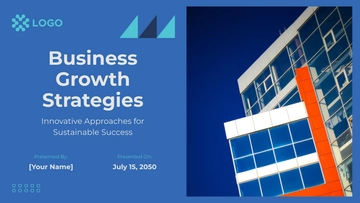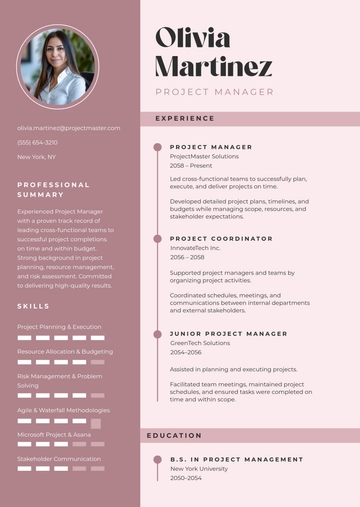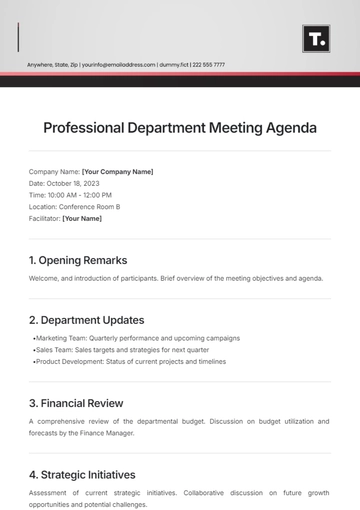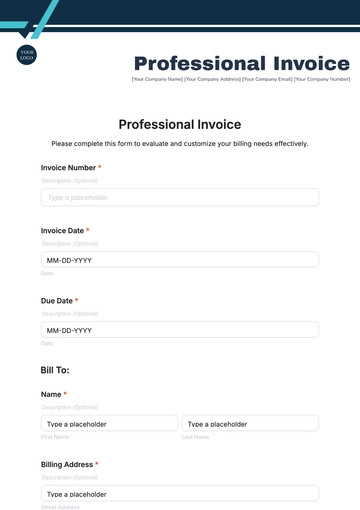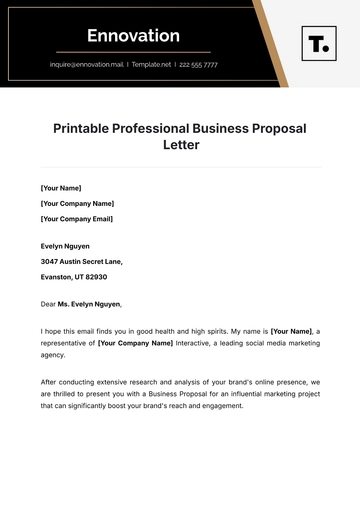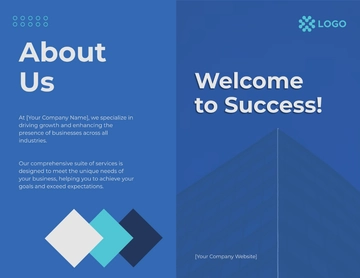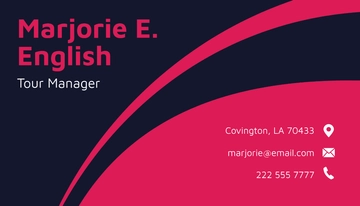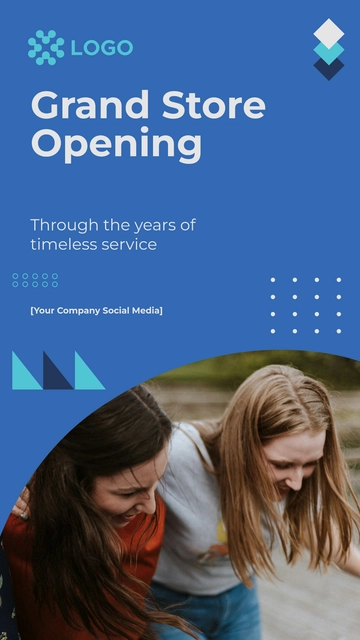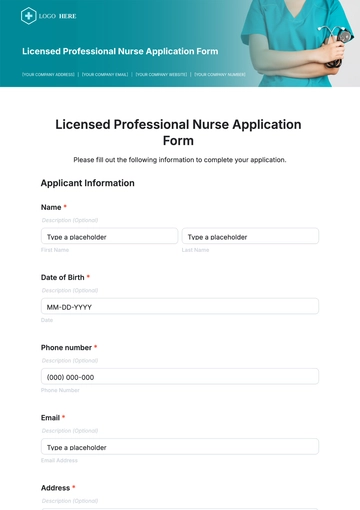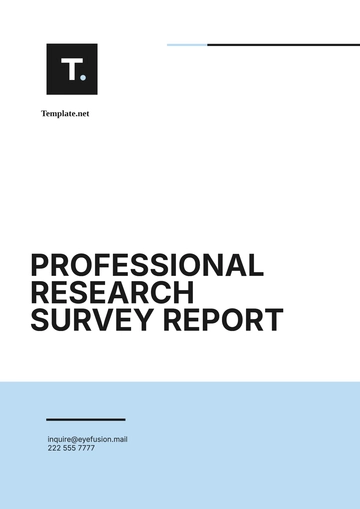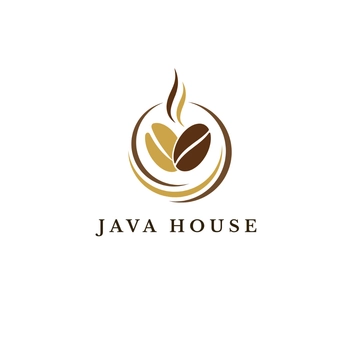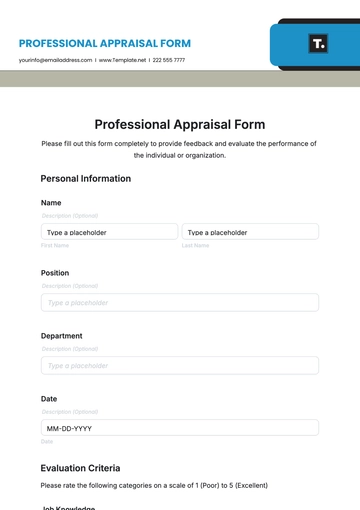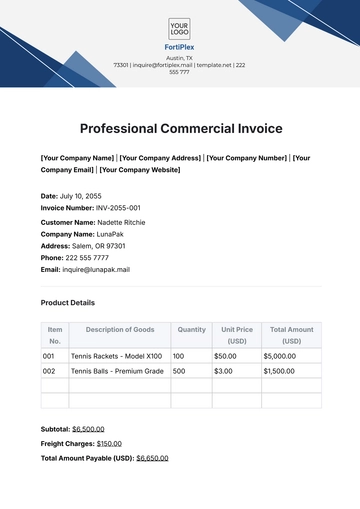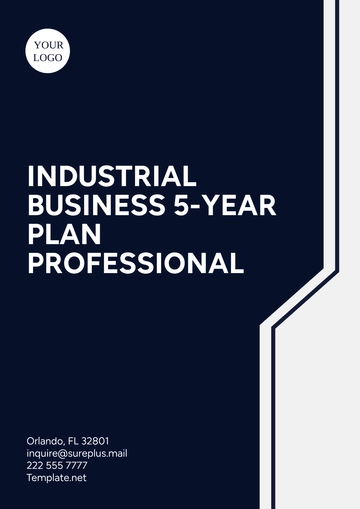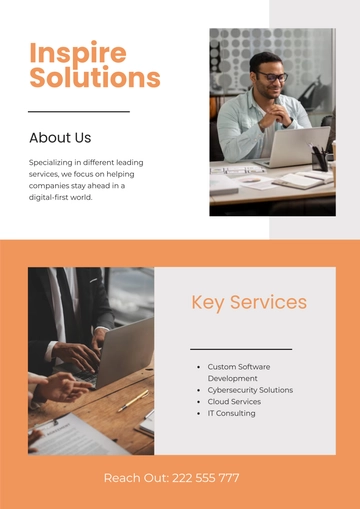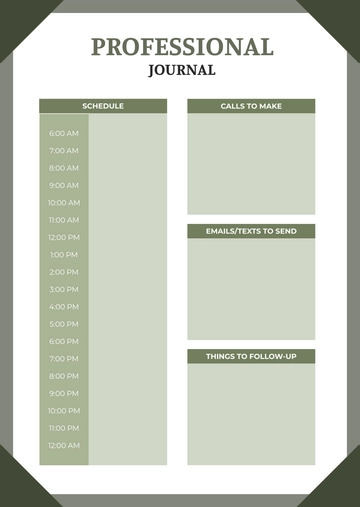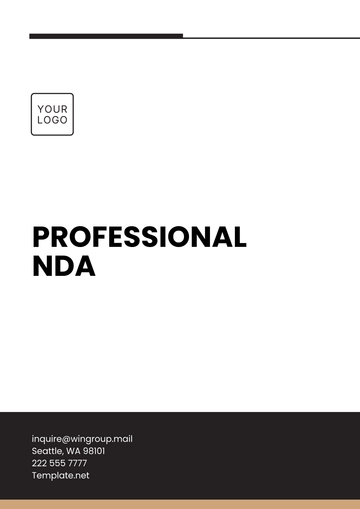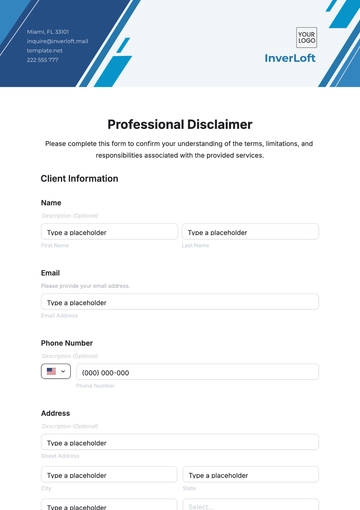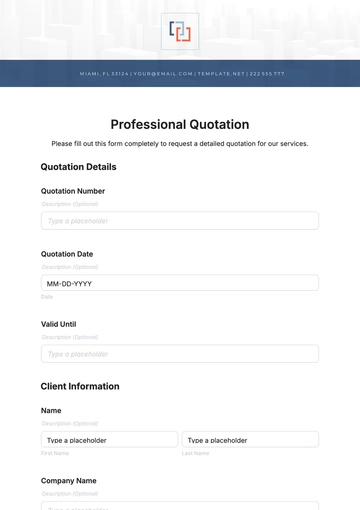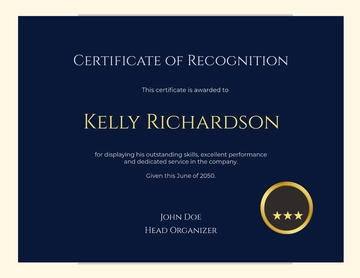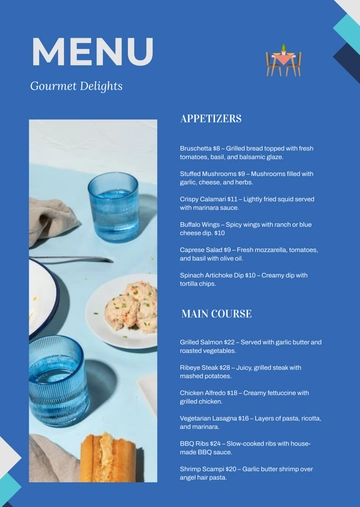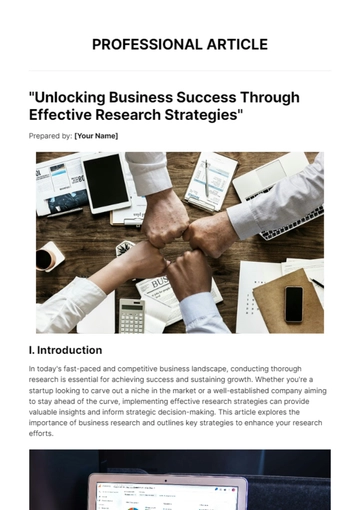Free Professional Corporate Ethnography
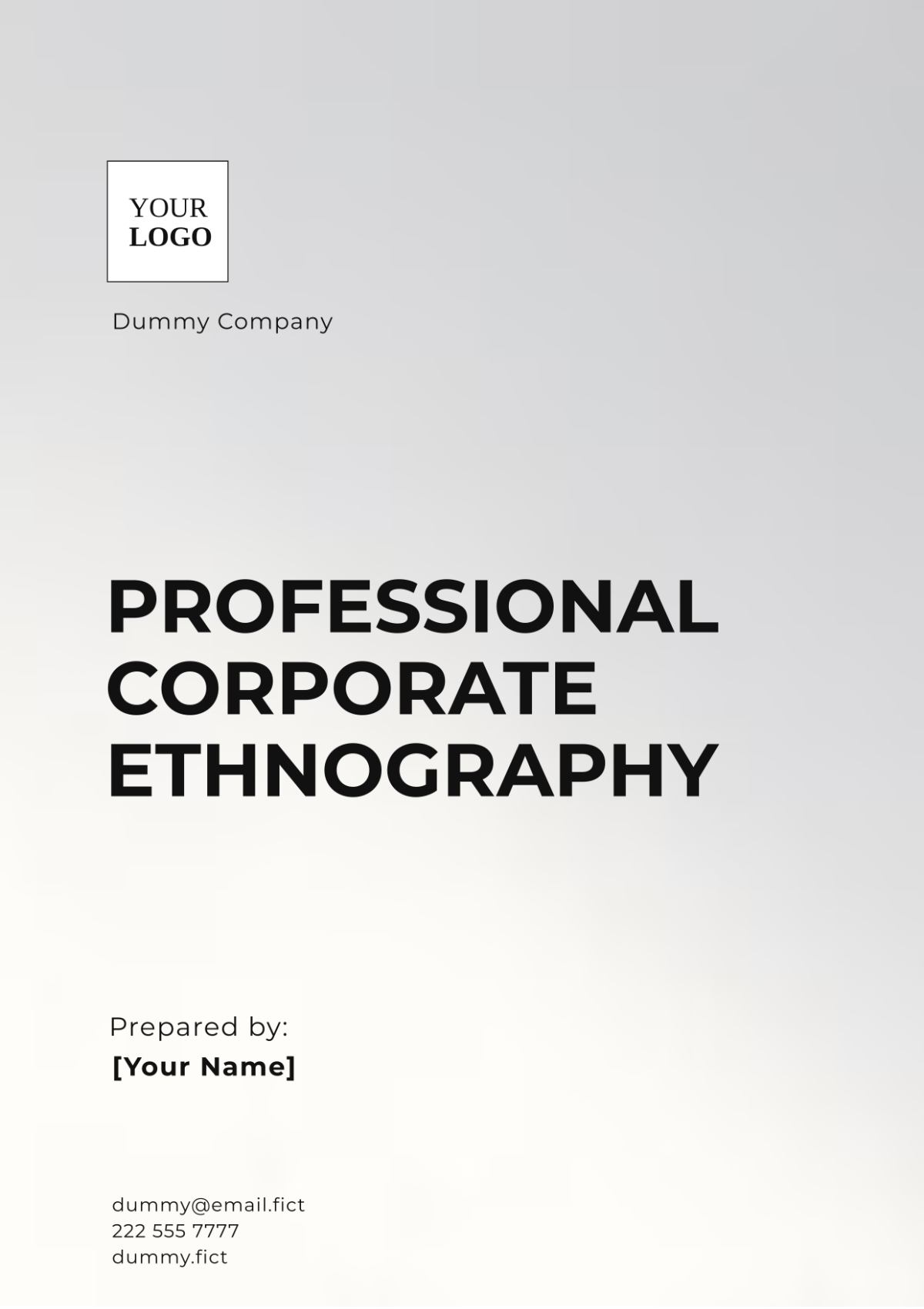
Prepared by: [YOUR NAME]
Date: [DATE]
Introduction
Corporate ethnography is a research method used to explore and document the intricate dynamics within a company's work environment. This in-depth study focuses on observing and analyzing employee behaviors, organizational processes, and social interactions to offer a comprehensive understanding of the corporate culture. This document aims to provide valuable insights into internal operations, identify areas for improvement, and propose potential innovations.
Methodology
Research Approach
The research approach for this ethnography involves a combination of qualitative and observational methods:
Participant Observation: Immersive observation of daily activities and interactions within the workplace.
Interviews: Structured and unstructured interviews with employees at various levels.
Document Analysis: Review of internal documents, reports, and communications.
Data Collection
Observation Techniques
Direct Observation: Observing employees' interactions and behaviors in their natural work settings.
Shadowing: Following specific individuals to understand their daily routines and challenges.
Field Notes: Recording detailed notes during observations to capture the context and nuances of behaviors.
Interview Methods
Structured Interviews: Predefined questions focused on specific aspects of corporate culture and practices.
Unstructured Interviews: Open-ended questions allow employees to share their experiences and perspectives freely.
Document Analysis
Internal Reports: Analyzing performance reports, strategic plans, and meeting minutes.
Communication Records: Reviewing emails, internal memos, and other communication channels.
Company Overview
Organizational Structure
Department | Head | Key Responsibilities |
|---|---|---|
Human Resources | HR Director | Recruitment, employee relations, training and development |
Marketing | Marketing Manager | Brand management, advertising, market research |
Finance | CFO | Financial planning, budgeting, accounting |
Operations | Operations Manager | Daily operations, supply chain management |
IT | IT Director | Technology infrastructure, support, and innovation |
Company Culture
Core Values
Integrity: Commitment to ethical practices and transparency.
Innovation: Encouraging creative problem-solving and continuous improvement.
Collaboration: Fostering teamwork and open communication.
Excellence: Striving for high standards in all aspects of work.
Cultural Norms
Communication Style: Open and direct communication is encouraged.
Decision-Making: Collaborative decision-making with input from various levels.
Work-Life Balance: Emphasis on flexible working hours and personal well-being.
Observations
Employee Behavior
General Observations
Team Interactions: Regular team meetings and collaborative work sessions observed.
Individual Work: Employees often work independently but seek input from colleagues when needed.
Social Dynamics: Strong camaraderie among employees, with frequent informal interactions.
Behavioral Trends
Positive Reinforcement: Frequent recognition of achievements and milestones.
Feedback Mechanisms: Regular performance reviews and feedback sessions.
Organizational Processes
Daily Operations
Workflow: Streamlined processes with clearly defined roles and responsibilities.
Meetings: Daily stand-up meetings to review progress and address issues.
Challenges
Communication Gaps: Occasional delays in information dissemination.
Resource Allocation: Need for improved resource management in some departments.
Analysis
Strengths
Strong Team Cohesion: High level of collaboration and support among employees.
Innovative Practices: Adoption of cutting-edge technologies and processes.
Employee Satisfaction: High levels of job satisfaction and engagement.
Areas for Improvement
Information Flow: Enhance communication channels to ensure timely and accurate information sharing.
Resource Management: Optimize resource allocation to improve efficiency and reduce bottlenecks.
Training Opportunities: Increase focus on continuous professional development and skill enhancement.
Recommendations
Enhancing Communication
Implement Communication Platforms: Adopt modern communication tools to streamline information flow.
Regular Updates: Establish routine updates to keep employees informed about company developments.
Optimizing Resource Management
Resource Planning: Develop a comprehensive resource planning strategy to address current limitations.
Utilize Technology: Leverage technology to monitor and manage resource allocation effectively.
Professional Development
Training Programs: Introduce targeted training programs to address skill gaps and promote career growth.
Mentorship: Establish mentorship programs to support employee development and knowledge sharing.
Conclusion
This corporate ethnography provides a detailed analysis of the company's culture, practices, and interactions. By understanding the internal dynamics and identifying areas for improvement, the organization can enhance its operations and foster a more effective and innovative work environment. The insights and recommendations offered aim to support the company's growth and success in an ever-evolving business landscape.
References
Schein, E. H. (2050). Organizational Culture and Leadership. Jossey-Bass.
Schultz, M., & Hatch, M. J. (2051). Towards a Theory of Culture and Corporate Social Responsibility. Palgrave Macmillan.
- 100% Customizable, free editor
- Access 1 Million+ Templates, photo’s & graphics
- Download or share as a template
- Click and replace photos, graphics, text, backgrounds
- Resize, crop, AI write & more
- Access advanced editor
Elevate your corporate research with the Professional Corporate Ethnography Template from Template.net. This fully customizable template allows for effortless edits in our AI Editor too, ensuring you can tailor it to fit your unique needs. Easily adaptable and user-friendly, it's the ideal solution for creating detailed, professional ethnography reports with precision.
